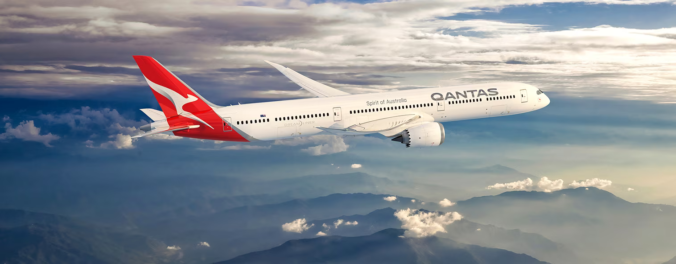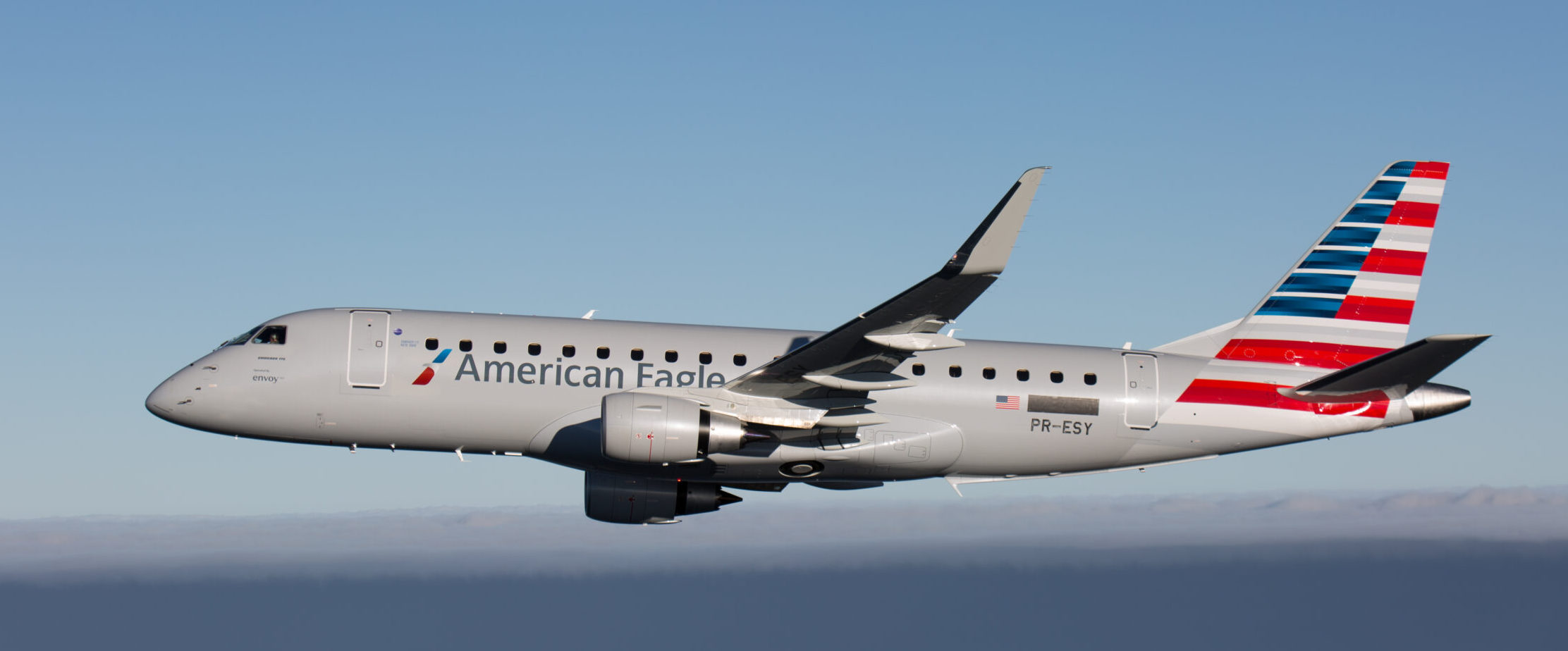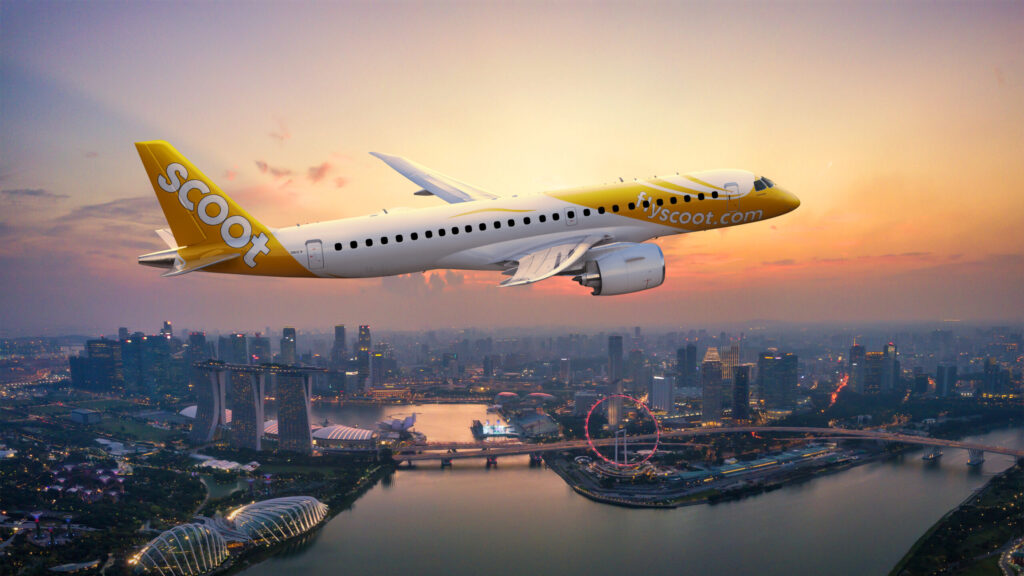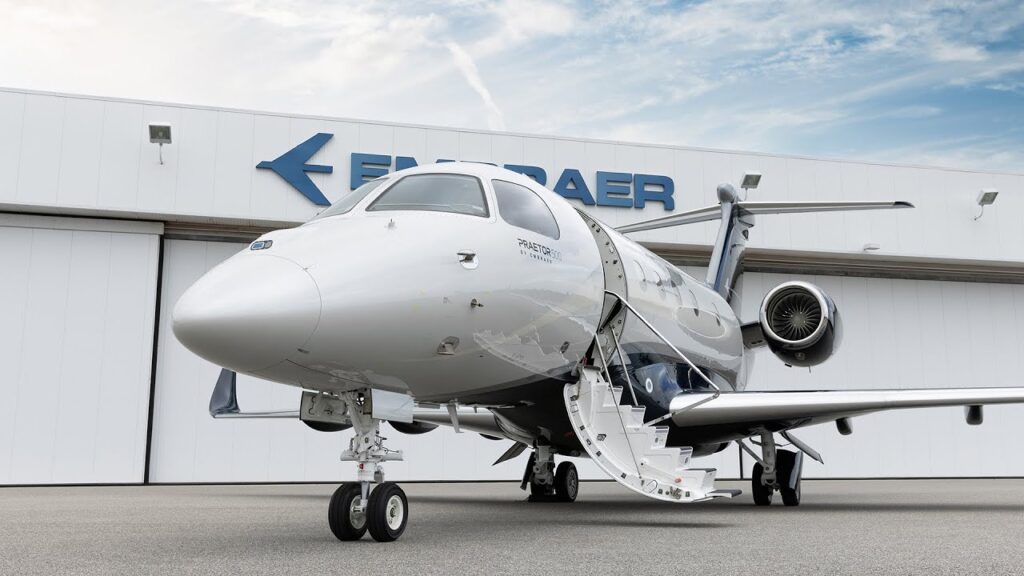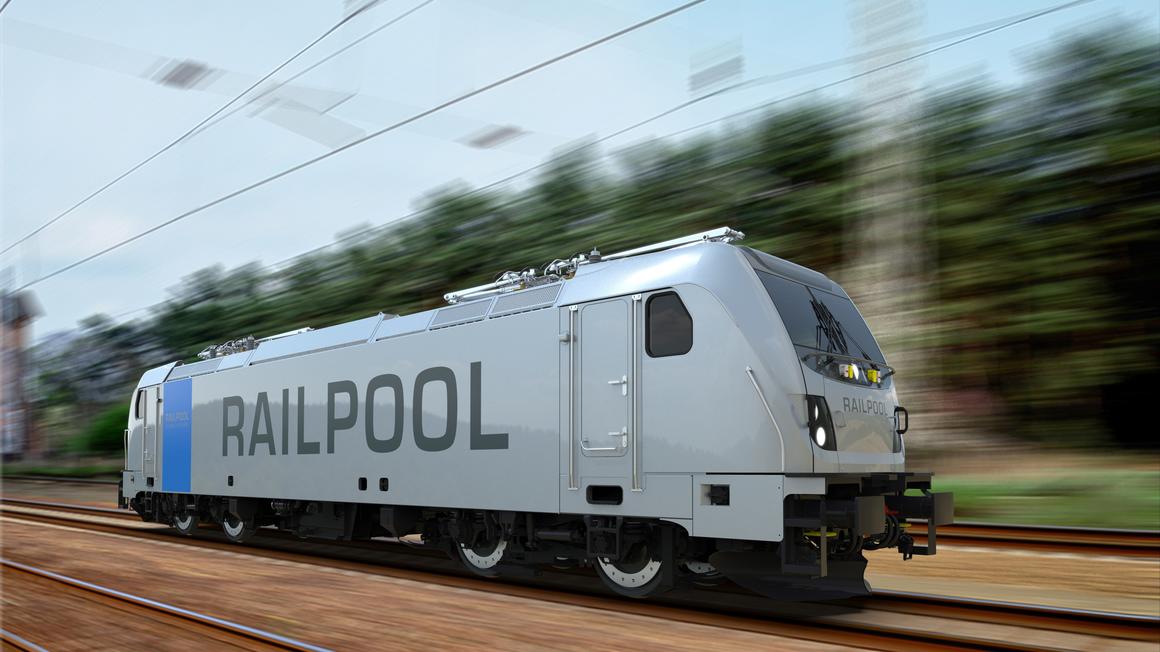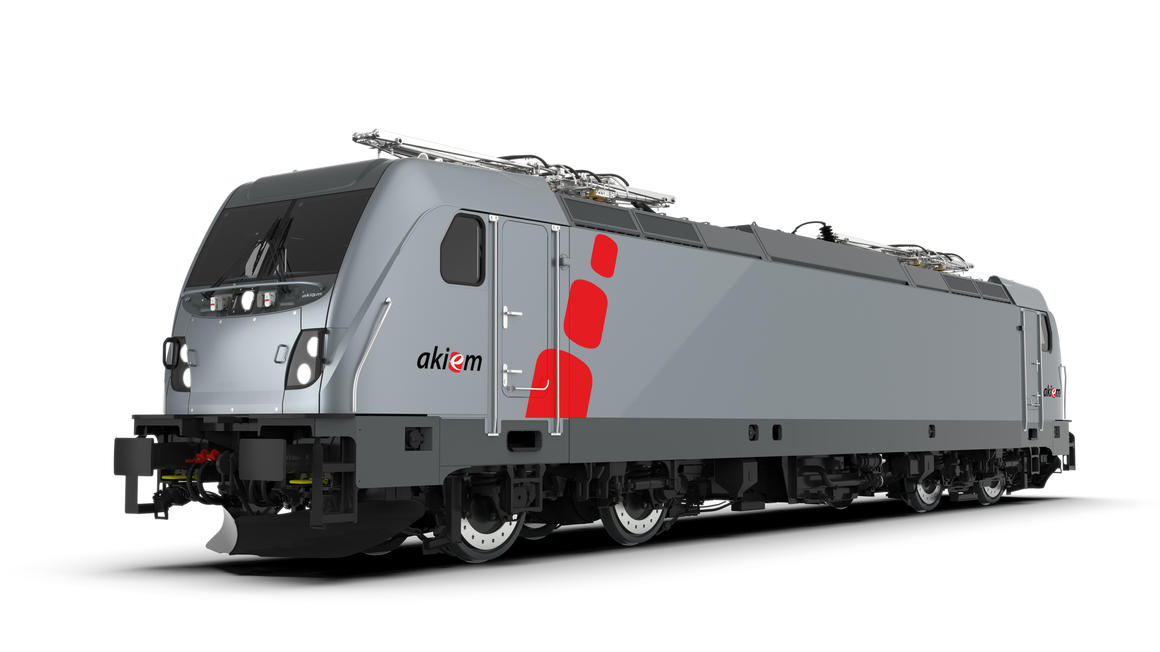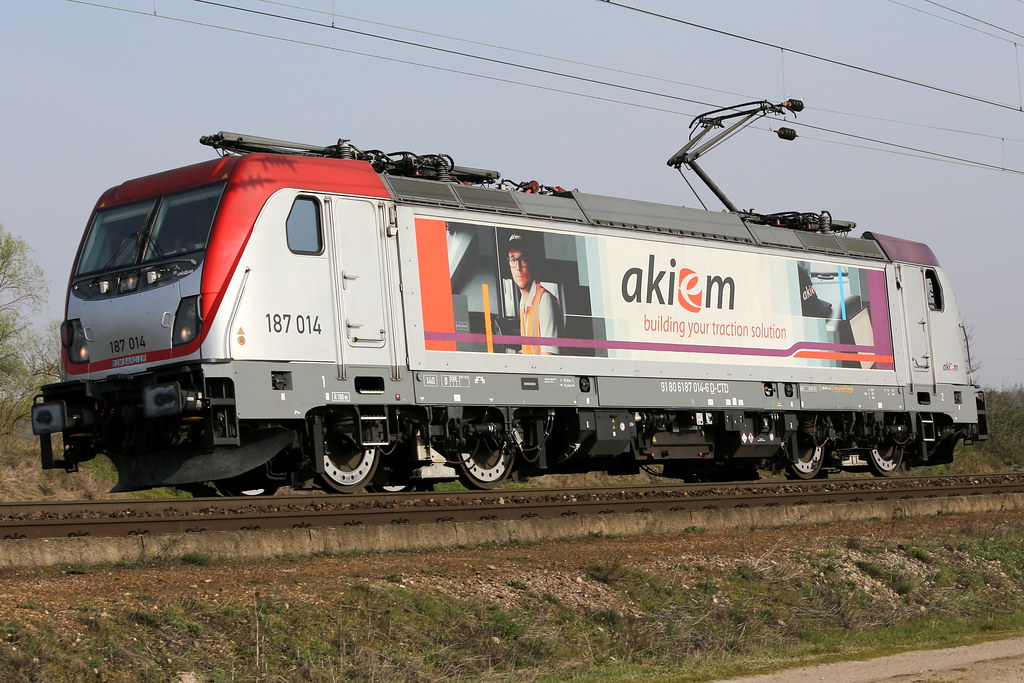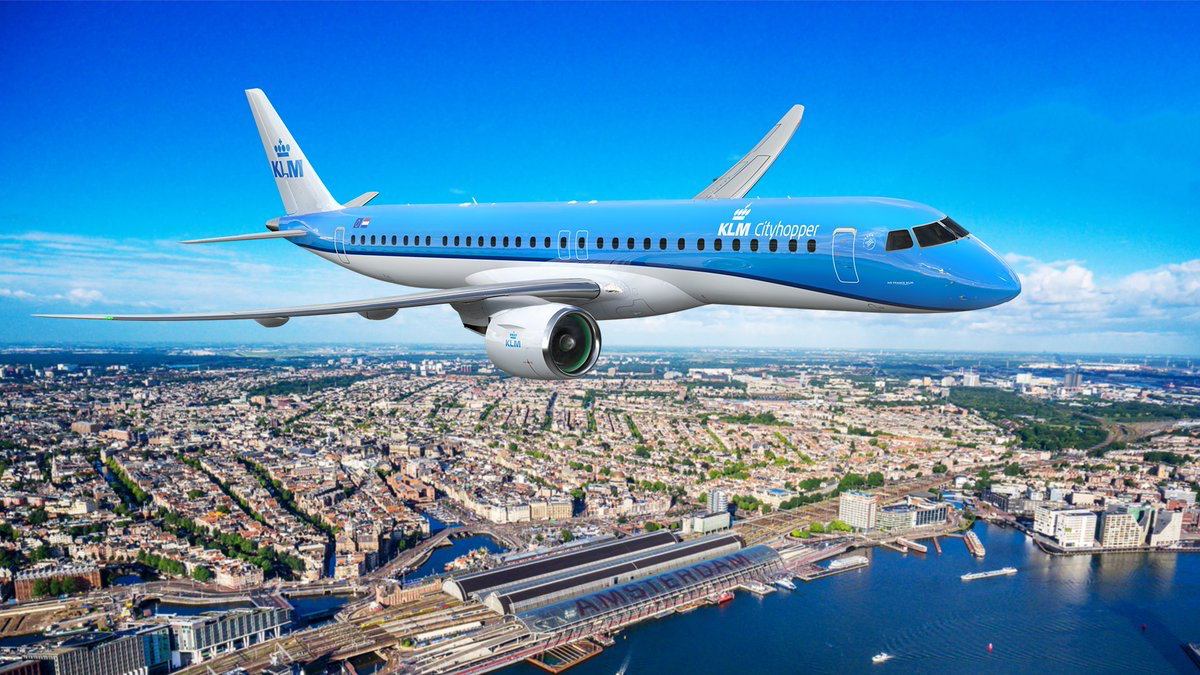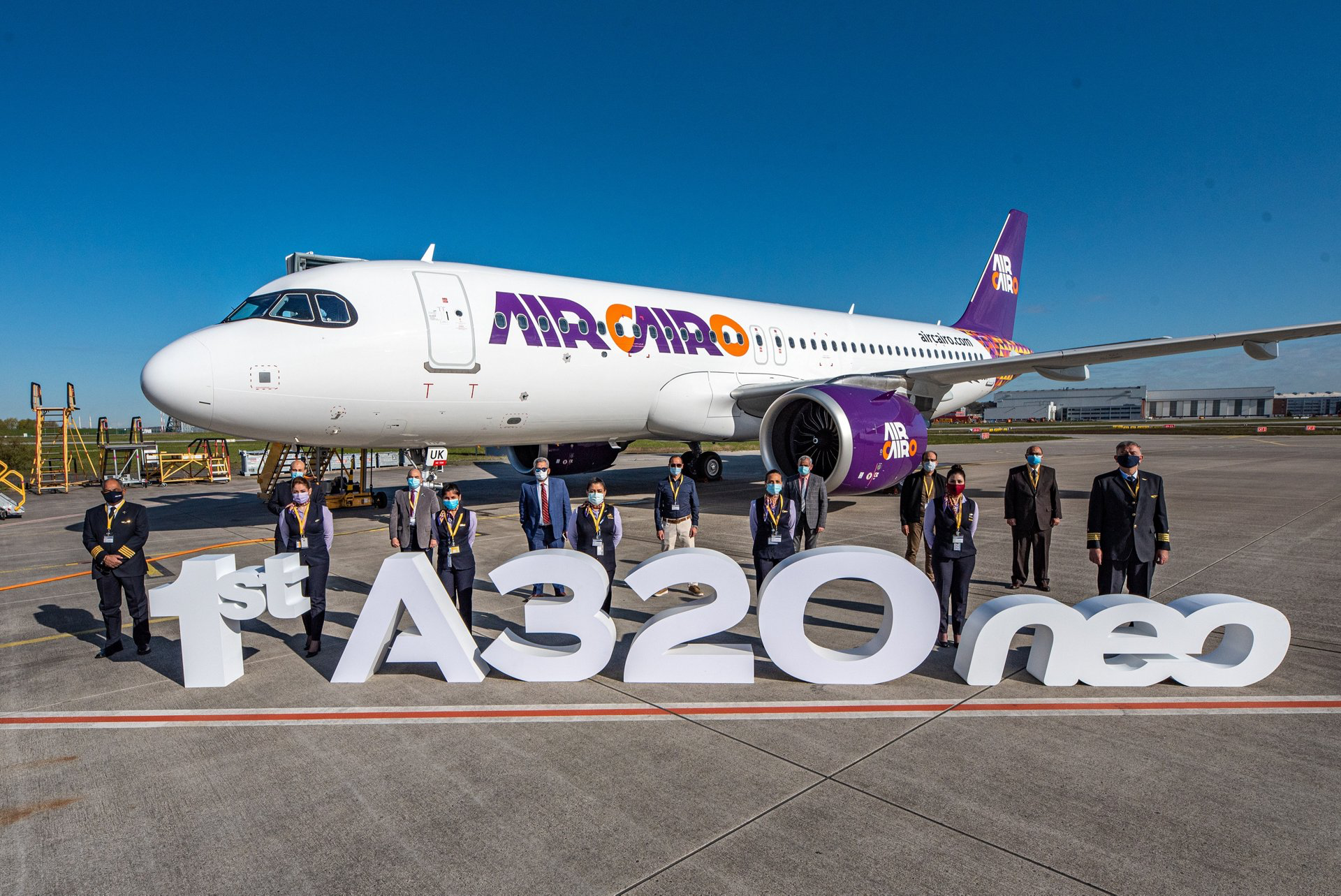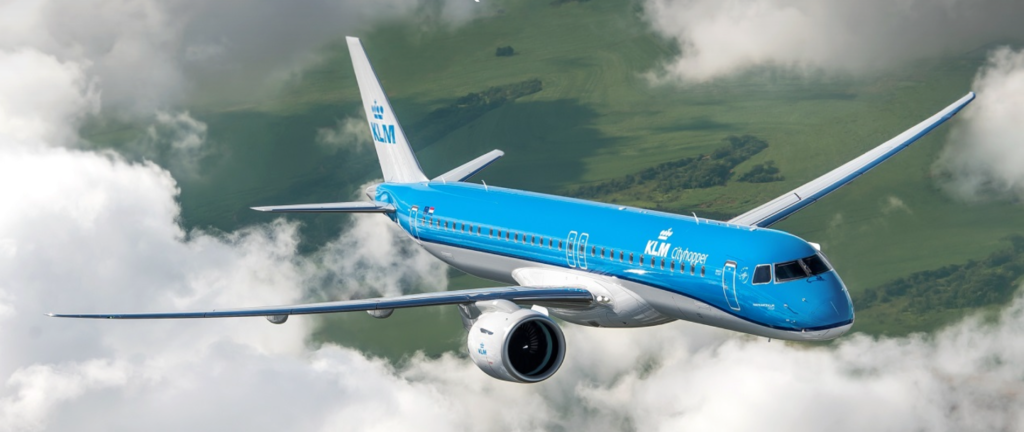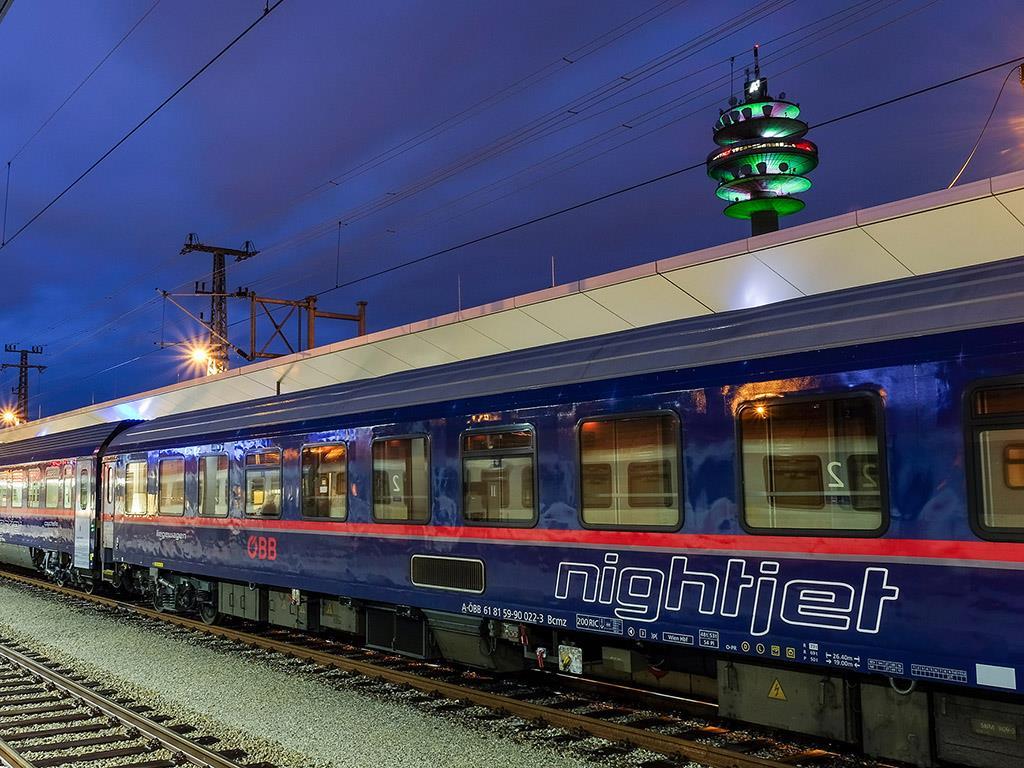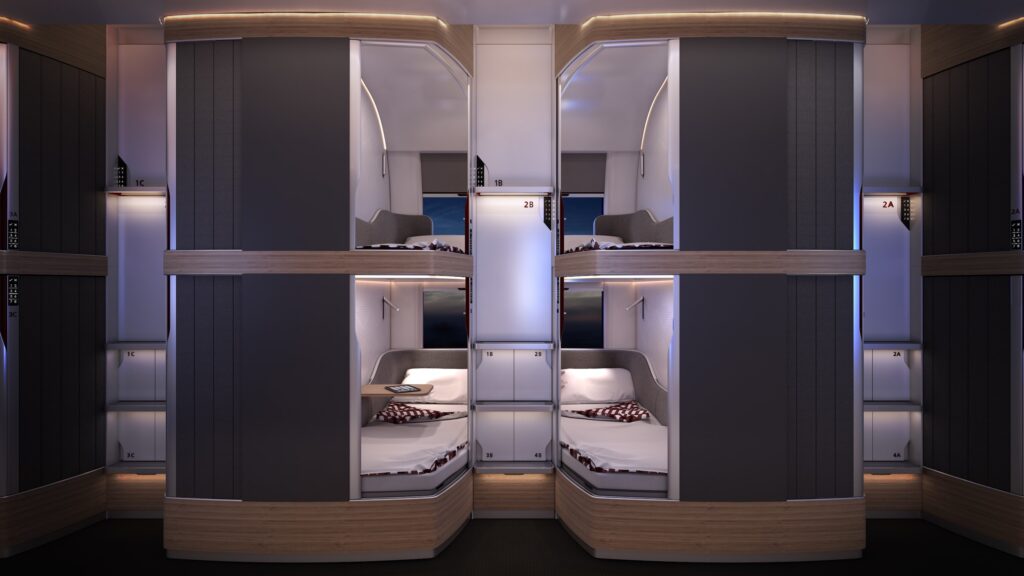September 25, 2023, Qantas Airways Ltd ADR (OTC-QABSY) – The Qantas Group provides the following update to inform the market of a material increase to investment in customer improvements, continued strength in travel demand and the impact of elevated fuel prices.
CUSTOMER IMPROVEMENTS
The Group will invest a further $80 million in customer improvements across FY24 in addition to the $150 million previously budgeted, which will be funded from profits.
This additional investment is aimed at addressing a number of customer ‘pain points’ through improvements such as better contact centre resourcing and training, an increase in the number seats that can be redeemed with Frequent Flyer points, more generous recovery support when operational issues arise, a review of longstanding policies for fairness and improvements to the quality of inflight catering.
Qantas is also working to accelerate some initiatives already underway, such as the re-platforming of the Qantas app. More detail on these actions will be shared in coming weeks.
DEMAND LEVELS
Overall travel demand remains strong, with trading conditions in the first quarter of FY24 similar to the last quarter of FY23.
Qantas and Jetstar expect to carry more than 4 million passengers over the September/October school holidays and football finals period on almost 35,000 domestic and international services. This compares with around 3.7 million passengers on approximately 28,000 services over the same four week period last year.
Latest survey data shows that travel remains a top spending priority among Qantas Frequent Flyers over the next six months, well ahead of entertainment, renovations and homewares[1]. The Group greatly appreciates the continued support from customers choosing Qantas and Jetstar.
FUEL, FX AND FARES
Fuel prices have increased by around 30 per cent since May 2023, including a 10 per cent spike since August. This is driven by a combination of higher oil prices, higher refiner margins and a lower Australian dollar.
If sustained, this is expected to see the Group’s 1H24 fuel bill increase by approximately $200 million to $2.8 billion after hedging[2]. A further $50 million impact is expected due to non-fuel related foreign exchange changes.
The Group will continue to absorb these higher costs, but will monitor fuel prices in the weeks ahead and, if current levels are sustained, will look to adjust its settings. Any changes would look to balance the recovery of higher costs with the importance of affordable travel in an environment where fares are already elevated.
CAPACITY AND NETWORK UPDATE
New aircraft deliveries and wet-leasing arrangements will help Qantas and Jetstar boost international capacity by 12 percentage points by the end of the calendar year – an increase of almost 50 additional flights a week.
This includes Qantas resuming its Sydney-Shanghai services and starting two new routes, Brisbane-Wellington and Brisbane-Honiara, as well as a new Jetstar service from Brisbane to Tokyo.
Both international and domestic capacity for 1H24 is materially unchanged from estimates given in late August 2023.
FINANCIAL FRAMEWORK
The Group remains in a very strong financial position, including its debt levels and continued strong revenue intakes.
The on-market share buyback of up to $500 million announced on 24 August 2023 is now 10 per cent completed. Shareholder approval will be sought at Qantas’ upcoming AGM to increase the headroom for further share buybacks that the Board may choose to do in future in line with the Financial Framework.
[1] QFF sentiment tracker,n=2,019.Data collected between 1 August 2023 and 31 August 2023. Sample of QFF members from Red Planet panel. Based on respondents’ intended changes to upcoming spending across different categories.
[2] Assumes 1H24 underlying into-plane market reference price of approximately A$191 per barrel.
